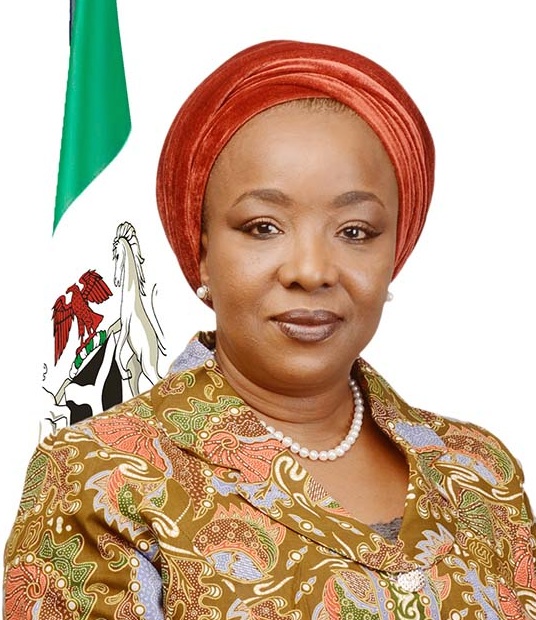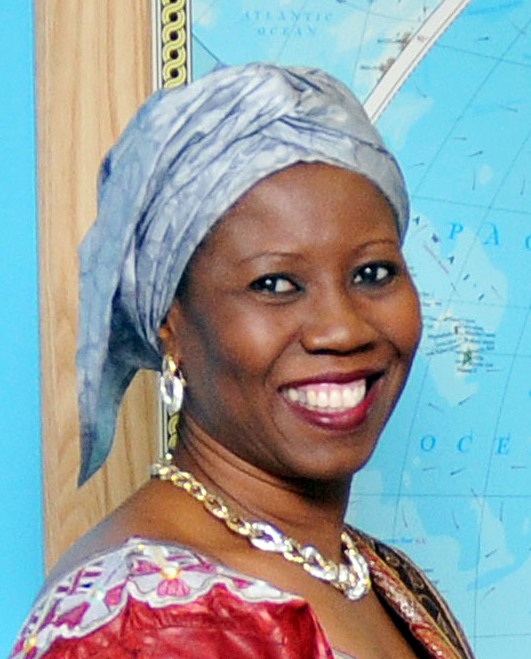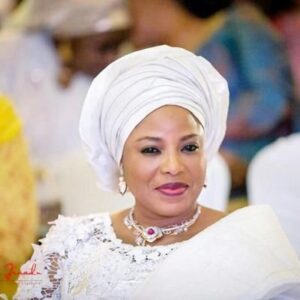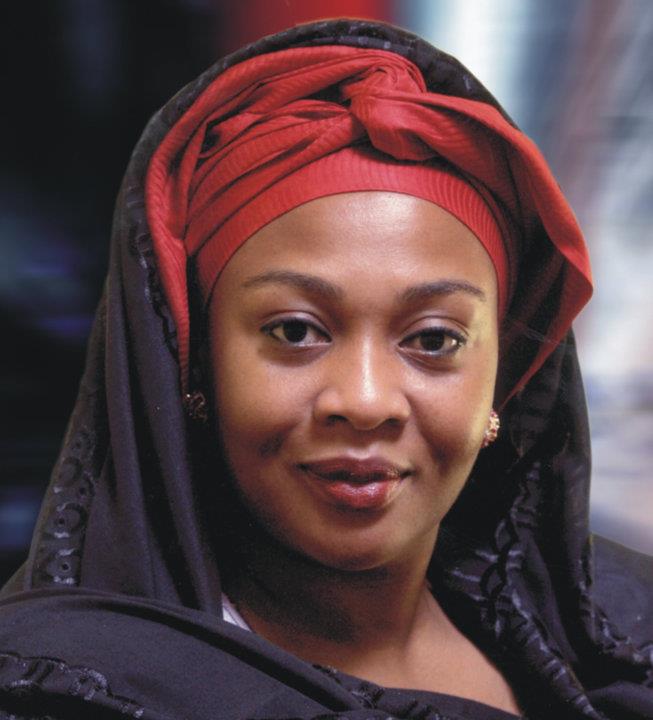Seven women made the 2019 ministerial nominees list of President Muhammadu Buhari released yesterday.
The figure represents 16.3% of the total of 43 nominees.
Here are the seven women that made the list.
1. Zainab Ahmed (Kaduna)
She is the current Finance Minister who was appointed in September 2018 after the resignation of Kemi Adeosun.
2. Paulen Talen (Plateau)

She was Minister of science and technology under President Olusegun Obasanjo.
3. Sharon Ikeazor (Anambra)

Sharon is the Executive Secretary of Pension Transitional Arrangement Directorate (PTAD)
4. Ambassador Maryam Katagun (Bauchi)

Maryam is Nigeria’s Permanent Delegate to UNESCO.
5.Ramatu Tijjani (Kogi)

Ramatu is a former All Progressives Congress (APC) women national leader.
6. Gbemisola Saraki (Kwara)

Gbemisola is a sister to ex-Senate President, Bukola Saraki and she is also a former senator and of House of Representatives member,
7. Sadiya Umar Faruk (Zamfara)

She is the Federal Commissioner, National Commission for Refugees, Migrants and IDPs (NCFRMI)
Credit: fabwoman.ng
